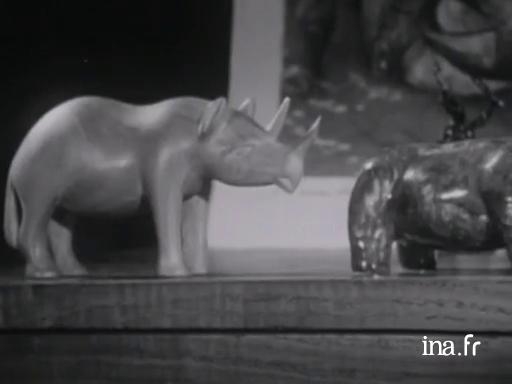Eugène Ionesco

Information
Conversation with Eugène Ionesco, who speaks of his youth spent between Romania and France, and how he became a playwright. He then explains himself on his theatre works, on how he is perceived, and on the meaning of the word "absurd".
Context
Eugène Ionesco (1909-1994), a Romanian playwright, spent his childhood in France and then taught French at the University of Bucharest. He went back to France for good in 1938, where he published a large number of plays. Mere mention of his name first brings to mind his theatre and the wave of dramatic innovation that followed him after the war. Also, we almost immediately think about The Bald Soprano (1950) and The Lesson (1951), played without interruption at the Théâtre de la Huchette since 1957.
His penchant for caricature, humour and ironic comedy place him amongst the destroyers of social conventions and illogicism, ranking him alongside the founders of the Theatre of the Absurd . His biggest successes are Rhinoceros (a play staged by Jean-Louis Barrault in 1960), a play that denounces totalitarianism, and Exit the King (a play written in 1962), which confronts man with the agonizing question of his death. His works seek to demonstrate the tragedy of our Western modernity, while revealing a language crisis. He was elected to the French Academy in 1970.



















